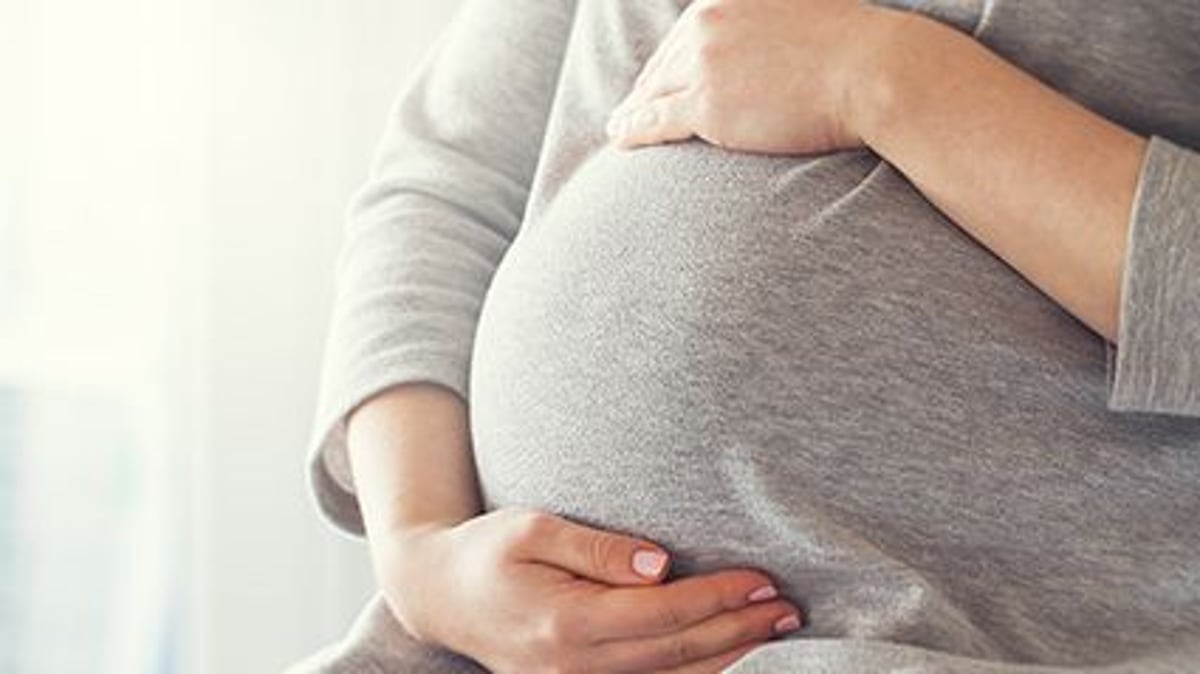More Evidence COVID Raises Odds for Pregnancy Complications

MONDAY, March 28, 2022 (HealthDay News) -- If you're pregnant and questioning whether you need to be vaccinated against COVID-19, new research might sway your decision.
For mothers-to-be, the coronavirus appears to double the risk of serious pregnancy complications like preterm birth, according to a new California study.
"These findings add to the growing evidence that having COVID-19 during pregnancy raises risks of serious complications," said lead study author Dr. Assiamira Ferrara. She is associate director of the women's and children's health section in the Kaiser Permanente Division of Research, in Oakland, Calif.
"Coupled with the evidence that the COVID-19 vaccines are safe during pregnancy, these findings should aid patients in understanding the risks of perinatal complications and the need for vaccination," Ferrara said in a health system news release.
For the study, the investigators analyzed the records of nearly 44,000 pregnant women seen at Kaiser Permanente in Northern California during the first year of the pandemic. The more than 1,300 participants with a confirmed coronavirus infection during pregnancy had a two times higher risk of preterm birth than those who weren't infected.
Infected women were more likely to have a medically indicated preterm birth than a spontaneous one, and their risk was elevated for both types of preterm birth in early, middle, and late terms of pregnancy. Birth may be induced early when the mother has a complication such as preeclampsia (a serious blood pressure condition), the researchers noted.
The investigators also found that compared to uninfected women, those with infections had a three times higher risk of blood clots and a 2.5 times higher risk of "severe maternal morbidity," which includes conditions such as acute respiratory distress syndrome and sepsis.
The report was published online March 21 in JAMA Internal Medicine.
Women who tested positive for coronavirus infection were more likely to be younger, Hispanic, have had multiple babies, have obesity or live in poorer neighborhoods.
"Our study was large, diverse, and supports the need for vaccination by pregnant individuals and those who plan to get pregnant," said co-author Dr. Mara Greenberg, a maternal-fetal medicine specialist with the Permanente Medical Group.
"The most important thing people can do to protect themselves and their baby is to get vaccinated," Greenberg added.
More information
For more on COVID-19 and pregnancy, go to the U.S. Centers for Disease Control and Prevention.
Related Posts
Blood Protein Might Predict Future Risk of Diabetes, Cancer
FRIDAY, Aug. 5, 2022 (HealthDay News) -- Elevated levels of a specific protein...
Unlocked & Loaded: Most Guns Used in Suicides Are Easily Accessed
FRIDAY, Nov. 18, 2022 (HealthDay News) -- Guns cause more than half of all...
Prevalence of Metabolic Syndrome 32 Percent in Psoriasis Patients
WEDNESDAY, June 22, 2022 (HealthDay News) -- The global prevalence of metabolic...
Response to Neoadjuvant Endocrine Therapy for Breast Cancer May Vary by Race
TUESDAY, Sept. 20, 2022 (HealthDay News) -- The response to neoadjuvant...
